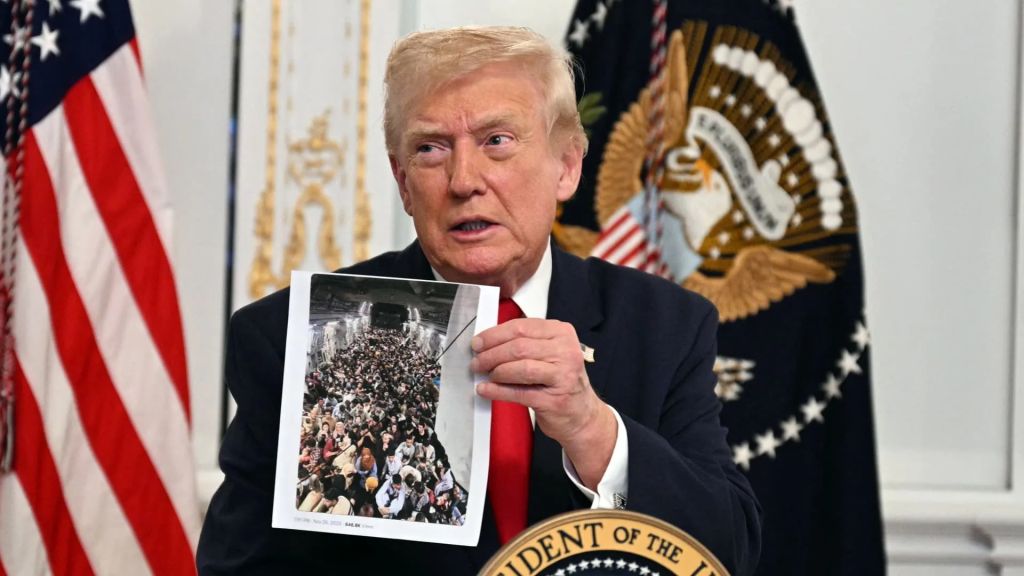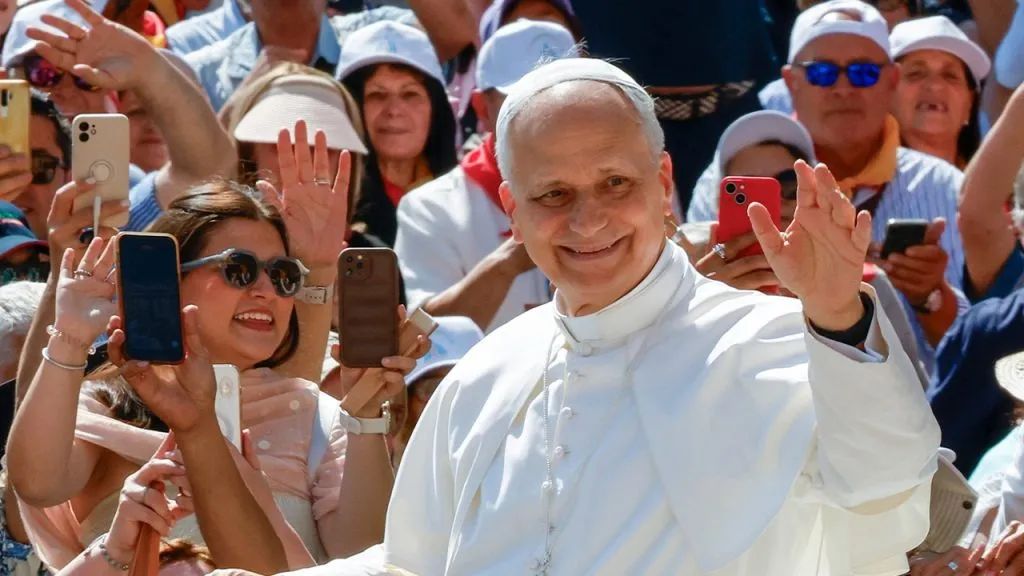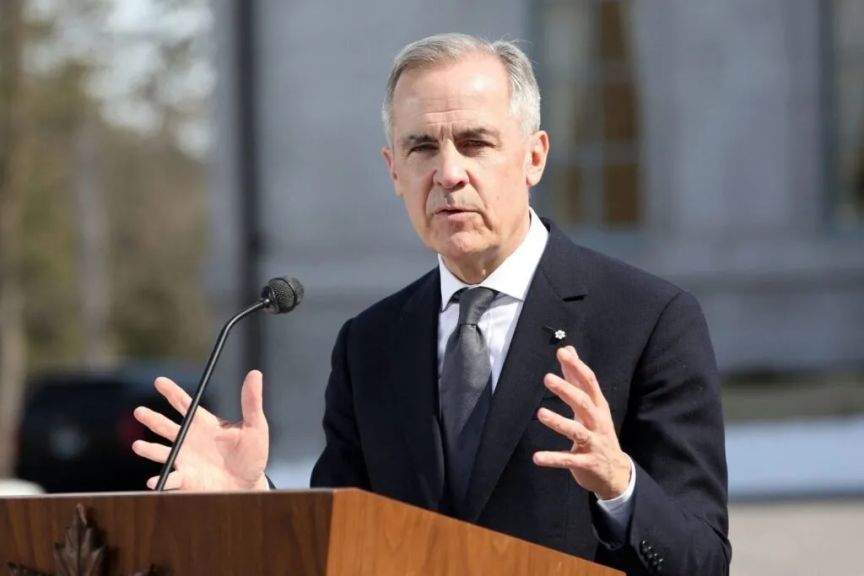Bishoy Bebawy writes: Opinion: Wise as Serpents, Innocent as Doves

Drastic times always call for drastic measures and so,during a pandemic, we must acclimate. This was, after all, the charism of the apostles and their successors, as the small sect called ‘the Way’ began. As the Church grew, so also did the diversity of expressions of faith. Many pious traditions evolved out of a particular, often practical, need and the Divine Liturgy is no exception. There exists within Christianity a ‘hermeneutic of continuity’. Put as a message to our times: the message of the Gospel and the writings of the Fathers, the continuity of doctrine is not hindered by considering other forms of administering the sacraments.
The basic principle at work in this judgement, one that the Church must make, is the very thin blue line between fanaticism and apostasy. The scriptural context for this is none other than the Incarnation of the Lord Christ. The Lord took on flesh and became man not to set boundaries on how he might save mankind but used every channel available to gather men into him, this is the message of the church and it is the mission of Christ, bringing the kingdom on Earth. Nowhere better do we see this liminal life exemplified in the first chapter of the Gospel according to Mark. In it, Jesus, having exorcised the young man in front of the synagogue on the Sabbath, immediately retreats to solitude to pray. There has been much said about how sacred the Sabbath was to the Jews, so I will not dwell on it. But, it is this thin line between faith and praxis that moved the martyrs and confessors as well as the great doctors of the faith to witness to all the nations, not as a congregation of people who looked inwards to their own salvation alone but outwards.
The incarnation compels us to abandon all our inhibitions if we are to die for our fellow man. If we reduce that to a few customs, we are hindering the incarnation because we do not comprehend it. But Jesus did become man and his presence is felt in the sacraments and in nature around us. Our customs should not put a box on the words of the Gospel. If we want to be literalists and take the Gospels for their words, let us look to the words of the text instead of the various presumptions we may erroneously hold. Our Lord handed the bread to his disciples to eat, as a meal, and the cup to take in their hands and drink from. This sacrament in particular is valued above others because it manifests to us the very message of the incarnation. Jesus came not to place barriers on us but to allow us to be partakers of that mystery that is laid out so plainly as bread and wine.
Moreover, human traditions, including the Church’s,change. The earliest material evidence of Christian art depicts the sacramental bread (korban) as loaves in a basket being distributed by ministers (deacons) to the people by hand, much like the miracle of the five loaves and two fish. The earliest Christian apologist, Justin Martyr of Palestine, writes in his letters that the president (presbyter) merely prayed a short prayer on the bread and handed the baskets out. Our faith started out simple and then developed its liturgical practices, which emerged from the faith they had. The earliest evidence of the spoon (myster) is even after the ecumenical councils, and the earliest spoons we have date only to the 9th century, many centuries after Christ. Though we are called to not be of the world, we are called to be in it. If we speak canonically, there is precedent within the history of the church to receive only one of the two species and even to intinct (or mix) the two together. Simply put, if it is permissible for the priest to take the sacrament, having mixed them, to a communicant who is sick at home, there is all the more permission to administer communion in the same manner to the entire Church, which is sick and suffering under the burden of this pandemic.
Let us not get caught up in our own ideas of what should happen or should not, fostering dialogue which does not lead to unity and which is devoid of the continuity of doctrine. Instead, let us pray for our Church and an end to the pandemic while preserving the unity and continuity of faith with the early Church. The faiththat Christ taught, the apostles preached and the fathers confirmed. Let us also remember that what we are going through is temporary and, God willing, things will return as they were but the disunity that we fuel while under this time of trial will last long after God has lifted this pandemic.
Bishoy Bebawy is a master’s student at the Faculty of Theology in the University of St.Michael’s College within the University of Toronto. He possesses an Honours Bachelor of Arts in Classical Languages and Classical Civilizations and Medieval Studies. He focusses in Systematic Theology and the models of the Trinity throughout history.
















